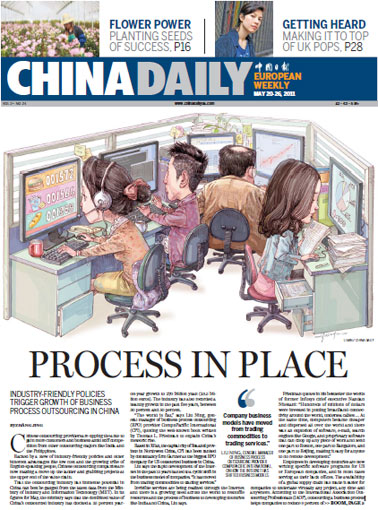Politics
Killings of journalists go unsolved in Honduras
Updated: 2011-05-25 22:46
(Agencies)
Some attacks and intimidation seem clearly linked to journalists' work.
Esther Major, the Central America researcher for Amnesty International, points to the case of Arnulfo Aguilar, director of the opposition-oriented Radio Uno station in the northern city of San Pedro Sula who had publicly complained of threats before he was confronted by gunmen April 27.
At least eight armed men with ski masks covering their faces lay in wait for Aguilar when he returned home from his station at midnight. They shouted threats and tried to block his car, and later surrounded his house, until police rescued him.
His station had just completed a report on purported weapons trafficking by the military.
Many fear the tension left over from Zelaya's ouster, which divided the nation, is responsible in part for the journalist attacks. Opposition media outlets such as Radio Uno suffered harassment and were intermittently closed down after the 2009 coup.
Sympathizers of Zelaya, who is scheduled to return to the country as a private citizen Saturday, and opposition unionists, peasant leaders, journalists and teachers are being targeted.
Others note that anti-Zelaya journalists have also been attacked, including Channel 8's Karol Cabrera, who fled to Canada in 2010 after surviving two attempts on her life.
National police spokesman Kelsin Arteaga denies there is any common denominator in the attacks.
"There is no relationship between the different cases," Arteaga said. "Every one of the cases involves specific circumstances, and the majority of the killings do not have anything to do with the professional work of the journalists or any of the other (victims)."
Arteaga notes that Honduras "is suffering a generalized violence unleashed by drug cartels" that results in violence against all walks of life.
Bertha Oliva, a leading human rights activist in Honduras, agrees on that point.
Widespread violence "attacks journalists, media owners, common people and even some people who have posts in the government," Oliva said. "The guilty party is the government, which has demonstrated an inability to investigate the crimes. That inability makes it an accomplice."
But media groups complain that in most of the attacks on journalists, no one has been arrested or even identified. Lauria calls it "a systematic failure by the authorities to solve these crimes."
"In these two (most recent) cases, it is going to be very difficult, almost impossible to determine in the current circumstances whether they were intended as messages to the media or not," he said.
Arteaga, the police spokesman, disputed that view. "All the cases of murdered journalists have been investigated," he said. "Some of the deaths have been caused by personal conflicts."
In the past, authorities have mentioned jealousy or business deals gone bad as possible motives.
With Zelaya's return, the administration of elected President Porfirio Lobo hopes to remove the last obstacle to the country's readmission to the Organization of American States, from which Honduras was expelled after conservatives and the military hustled the leftist Zelaya out of the country aboard an airplane.
Respect for human rights and free expression are among the commitments the Honduran government has made as part of a campaign for international acceptance, but rights groups question whether it will live up to them.
"You look at some verbal commitments the government has made recently both in front of the U.N. Human Rights Council, and various other political forums, they're very keen to rejoin the OAS, so they're making a lot of verbal commitments on human rights," said Major, the Amnesty International researcher. "But they're not taking the steps necessary to give those verbal commitments any credibility."
E-paper
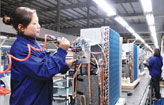
Thawing out
After a deep freeze in sales during the recession, China’s air conditioner makers are bouncing back
Cool Iron lady
Of good and evil
Build on security initiatives
Specials
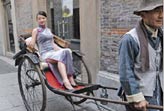
Memory lanes
Shanghai’s historic ALLEYS not just unique architecture but a way of life
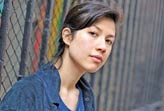
Great expectations
Hong Kong-born singer songwriter rises to the top of the UK pops.
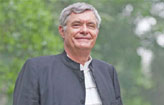
A diplomat of character
Belgian envoy draws on personal fascination to help build China ties.
